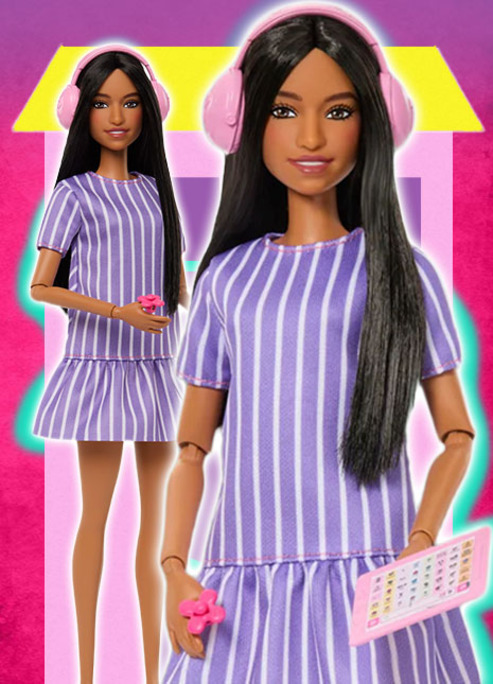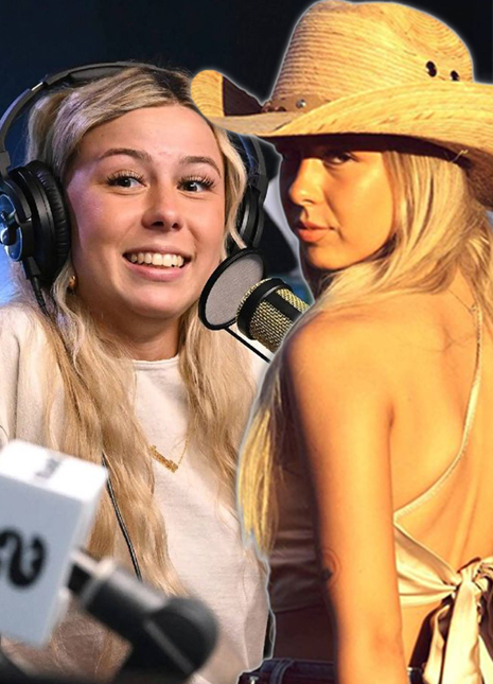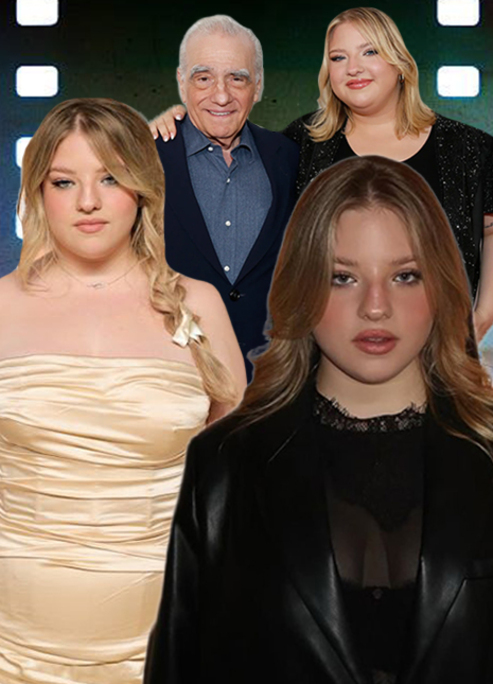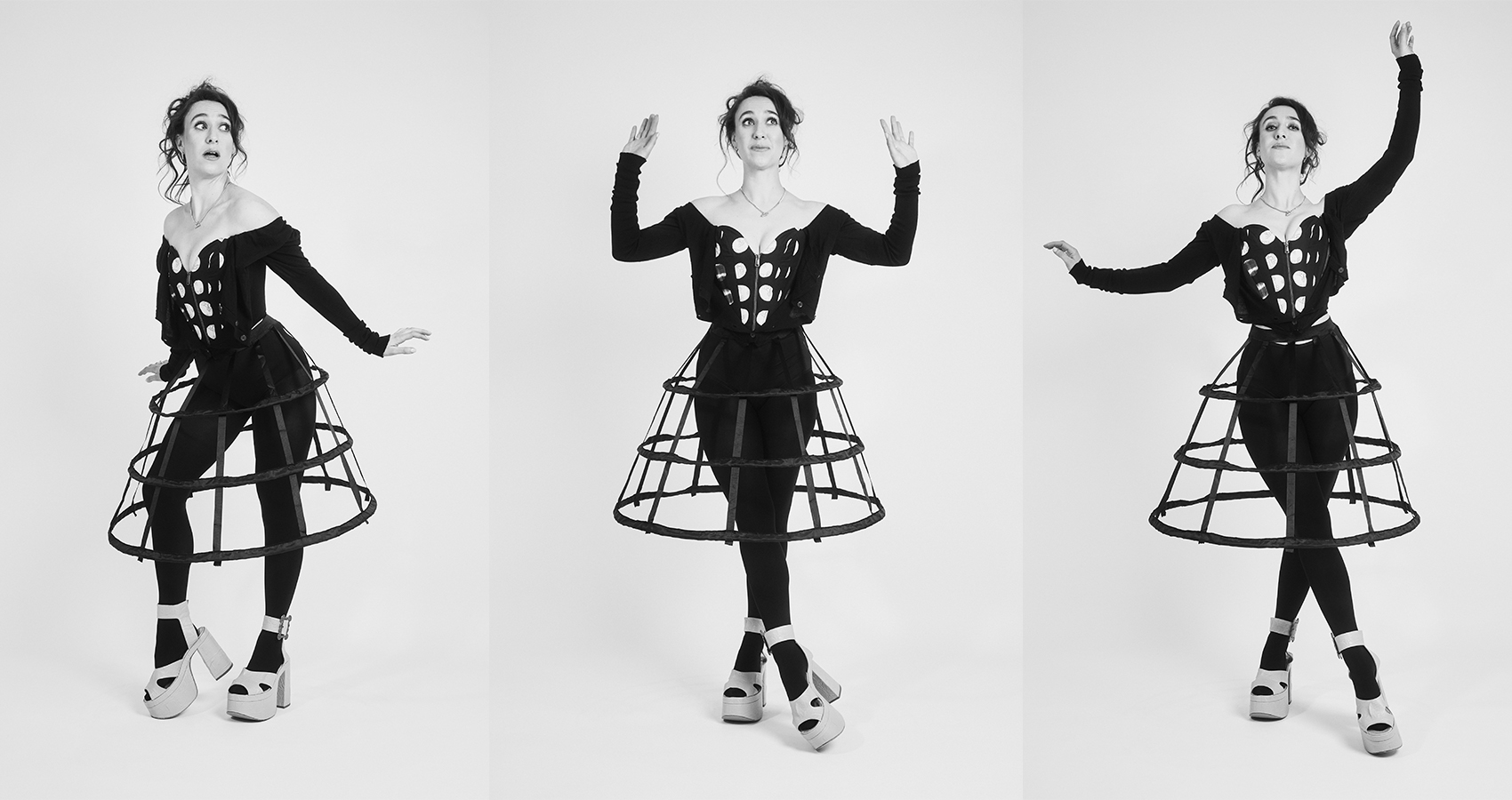
Unscripted: Maria Austin on Life, Art, and Making a Difference
“At the end of the day, you can't force people to change their minds, but you can encourage them to open their hearts.”
Draped in Vivienne Westwood for this exclusive shoot, Maria Austin brings her signature blend of charisma and edge to our pages. Recognized for outstanding roles in Mercy, The Reverend, and Mrs. Simpsons, she has carved out a space not only in acting but as a relentless advocate for animal rights and a champion for gender equity through their production work at Dawn Chorus Films. In our interview, Austin talks about life on and off the screen, managing ADHD, and what keeps her fire for change burning strong.
You play characters in films like Mercy, The Reverend, and Mrs. Simpsons, which address issues like animal rights and racial prejudice. How do you connect with these themes, and what drives you to bring such stories to life?
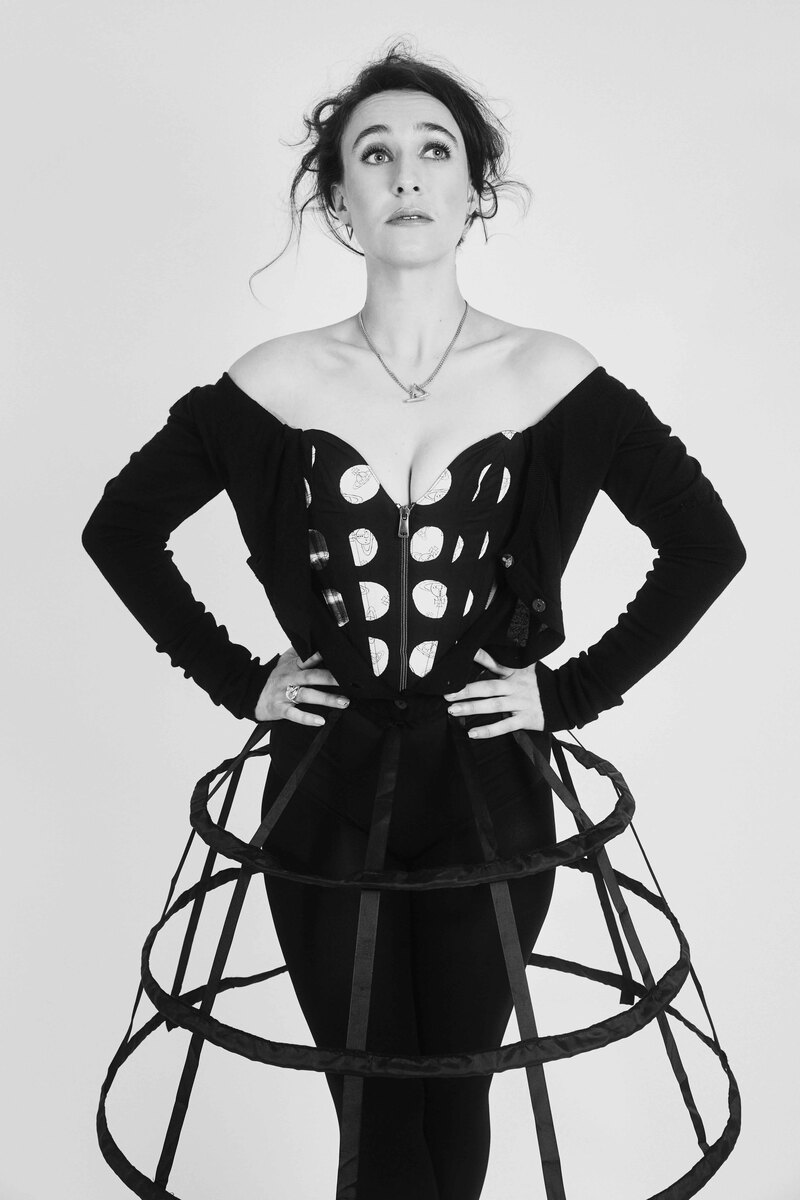
I think what really interests me is that they're such different projects. When I read the script, if I'm moved by it and the character's circumstances, I dive in. As an audience member as well as an actor, I love learning about experiences completely different from my own. Going down a bit of a research rabbit hole helps me find empathy and a genuine connection with the characters, so I can bring their stories to the screen.
In films like Mercy, I hope they give a platform for the audience to see through the eyes of these characters and relate to them, even in complex conversations like animal rights. I remember how overwhelming the research for that project was, but by giving faces and characters for the audience to connect with, it eases them into those discussions.
One of the most fulfilling things about acting is taking on characters whose experiences and worlds are a world away from your own. When you can connect and help audiences connect with those characters, it becomes incredibly rewarding. For example, Mercy dealt with animal rights. It was deeply moving but also challenging. I did a lot of research on the subject and worked hard to build empathy for the character's point of view. I think it's the kind of film that hopefully makes audiences think a bit differently about topics they might normally avoid.
It seems that your career has such a clear focus on activism. What do you hope your audiences will remember most about your work?
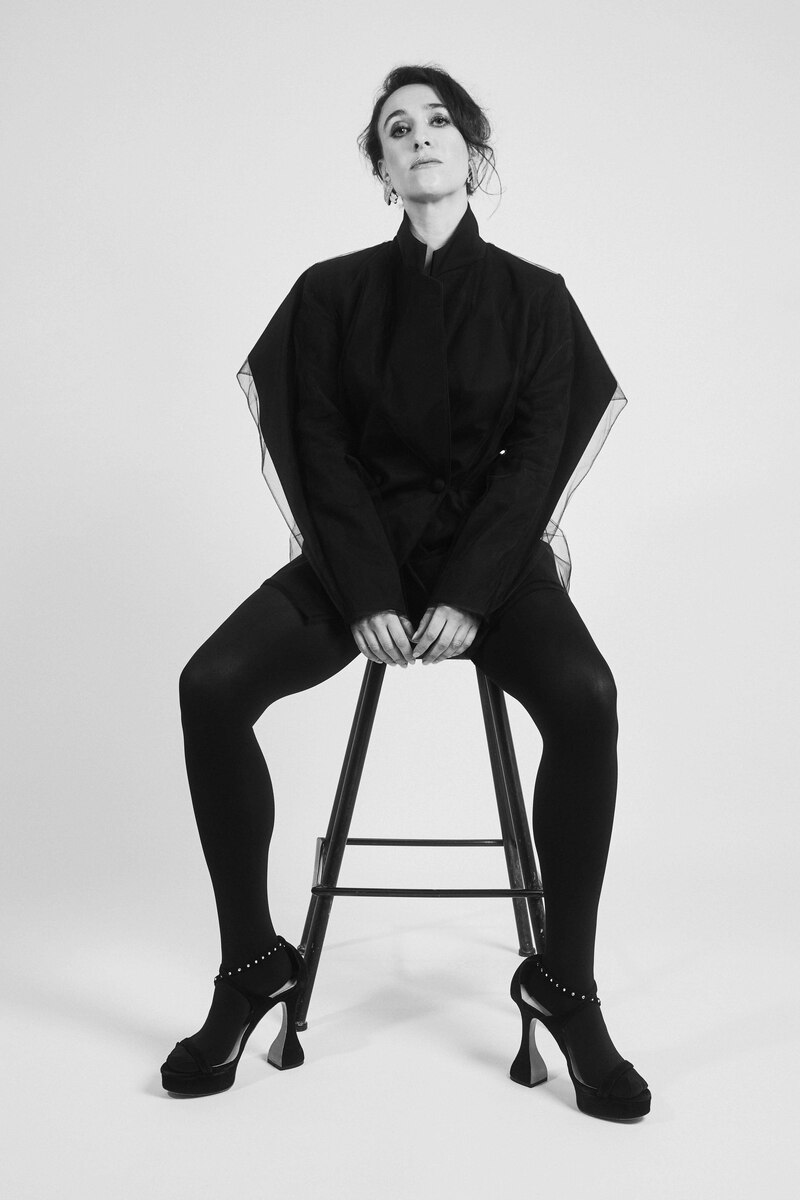
I hope that my performances, and the films as a whole, make audiences think about the subject matters. I don’t believe it’s the film’s place to dictate what someone should think. Instead, I hope they leave with a sense of reflection. Offering a face to these characters gives a way into these conversations, and hopefully, it makes people curious enough to relate to the characters or the story in their own lives or seek out more information. For example, with Mercy, some audience members came in with extensive knowledge of animal rights, while others, like my family, came in completely blind. But I hope all kinds of viewers leave with questions running through their heads.
At the end of the day, you can't force people to change their minds, but you can encourage them to open their hearts. That's all I hope for with any performance, really. If I've helped make someone a little more open, that's enough.
You’re open about your ADHD diagnosis. How has it shaped your approach to acting, and are there any particular strategies or practices that help you on set?
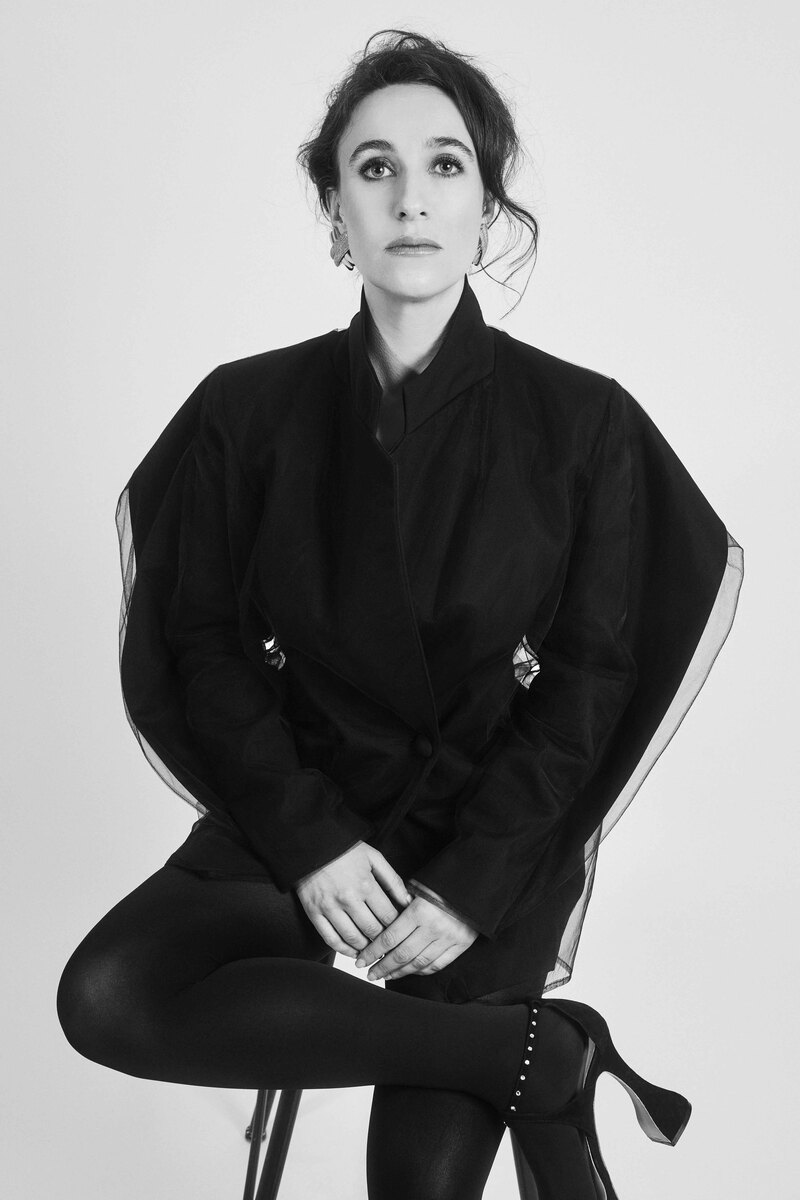
Sure! My ADHD and acting actually work quite well together. I have periods of hyper-focus, which can be great in the run-up to a project, letting me go down research rabbit holes. For example, when preparing for a play about the Rwandan Genocide, I immersed myself deeply in the context. On set, my hyper-focus helps me tune out distractions and really get into character. I think it allows me to bring sincerity to my performance.
ADHD is a bit of a double-edged sword at times, but I’ve found ways to channel the energy positively. It makes me spontaneous, quick to adapt, and able to live in the moment – all of which are great for acting. But I do have to make sure I'm grounded and focused. I often meditate before scenes to calm myself and avoid any potential distractions. Having a plan helps, but I also rely on the freedom of instinct.
I understand that it can be overwhelming sometimes. Does it help you on set?
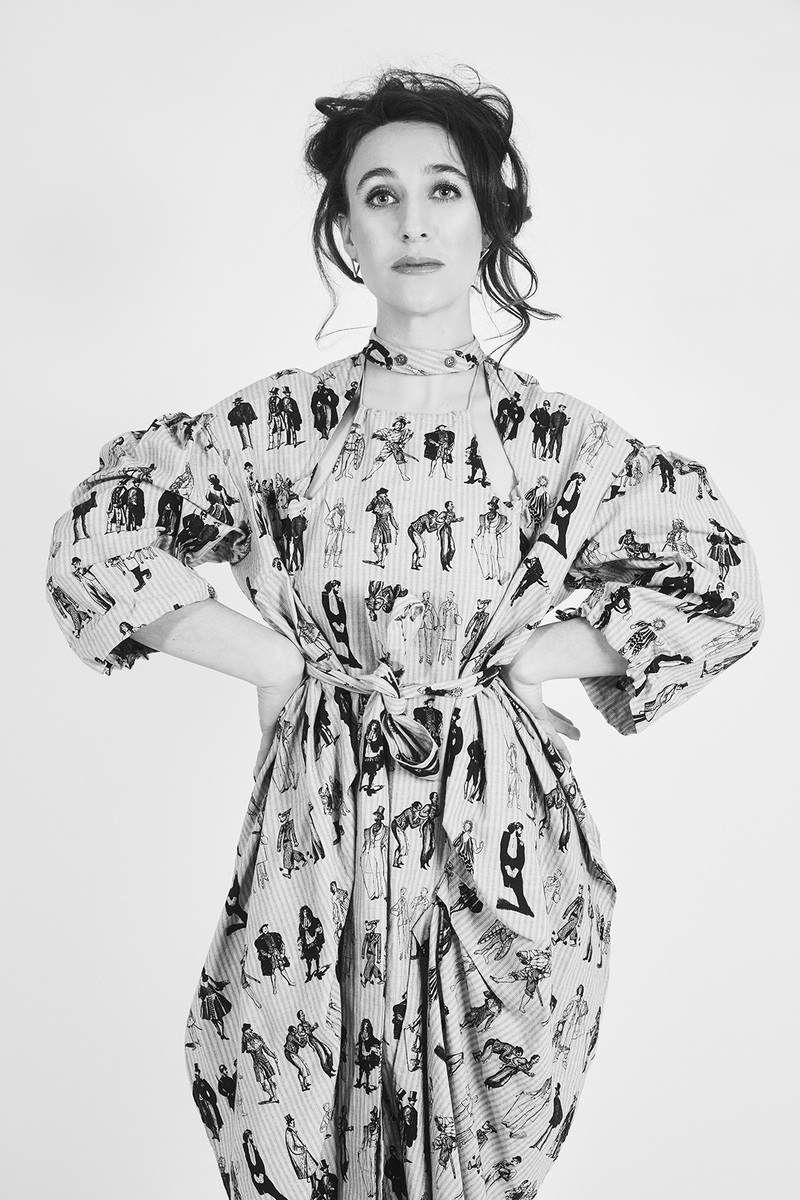
Yes! When I’m on set, I don’t get easily distracted by everything happening around me. Instead, I can put "blinkers" on and focus entirely on the character’s world and experiences. It makes me disappear into the role, which I think adds to the truthfulness of the portrayal.
There are times when ADHD makes my brain feel like a hundred browser tabs are open all at once, but channeling that into hyper-focus, particularly during a scene, can be incredibly rewarding. It’s about finding the balance and working with what you've got.
Let’s talk about your passion project, Dawn Chorus Films, which is committed to increasing the representation of women in film crews. Do you feel that your efforts are helping to shift the landscape? How do you measure success in terms of gender equity?
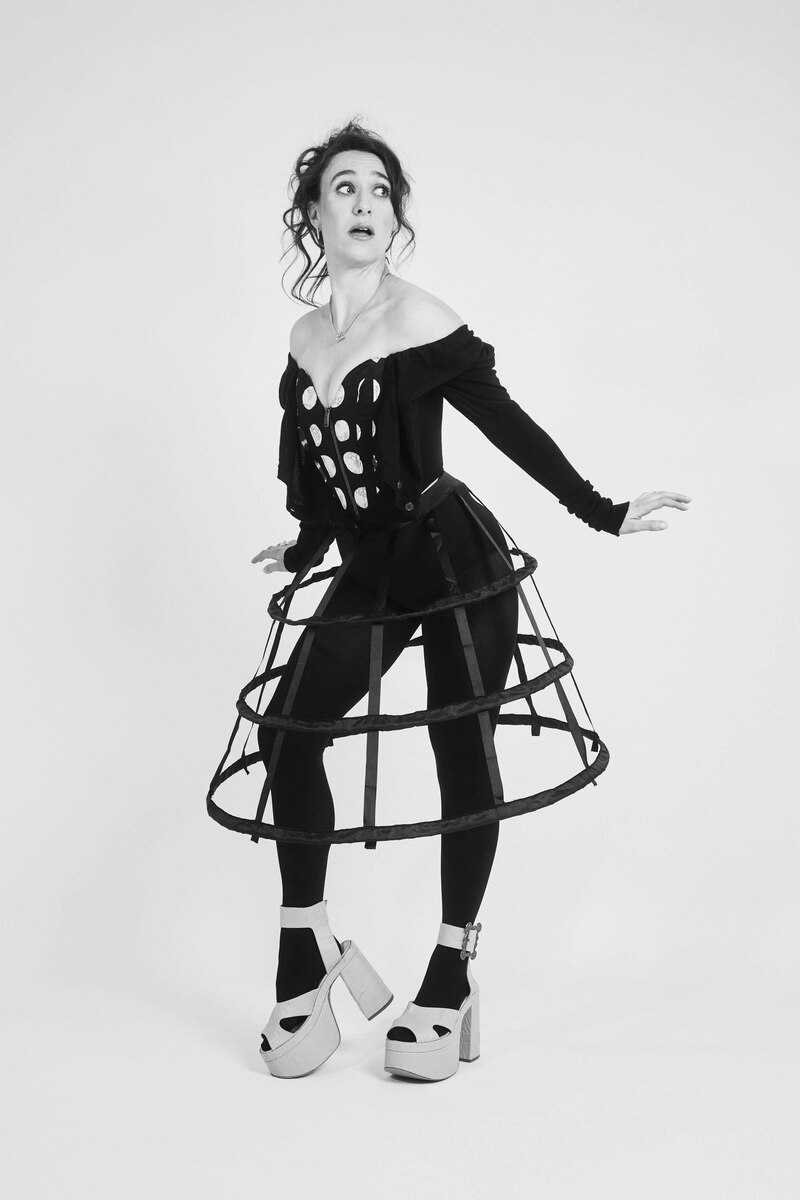
Yes! Dawn Chorus Films was co-founded with the brilliant Priyanga Burford, and we're passionate about diverse representation in front of and behind the camera. Our projects, like Monster Heart, which focuses on Mary Shelley, aim to center women’s experiences. We’ve also made sure to create sets that are supportive of parents, regardless of their gender identity. For example, our photographer Sarah Cunningham, who had a young baby at the time, was able to pump breast milk on set comfortably, without any disruption to her work. Creating such environments is key to making progress.
It isn't just about the final product but also about who you bring along the journey. We look at it this way: every crew member, every opportunity to uplift marginalized voices, and every set that shows it can be done differently – those are victories.
As a woman in the film industry and an advocate for equity, what’s one change you would like to see most in the coming years? Do you feel the industry is moving in the right direction and that audiences support this progress?
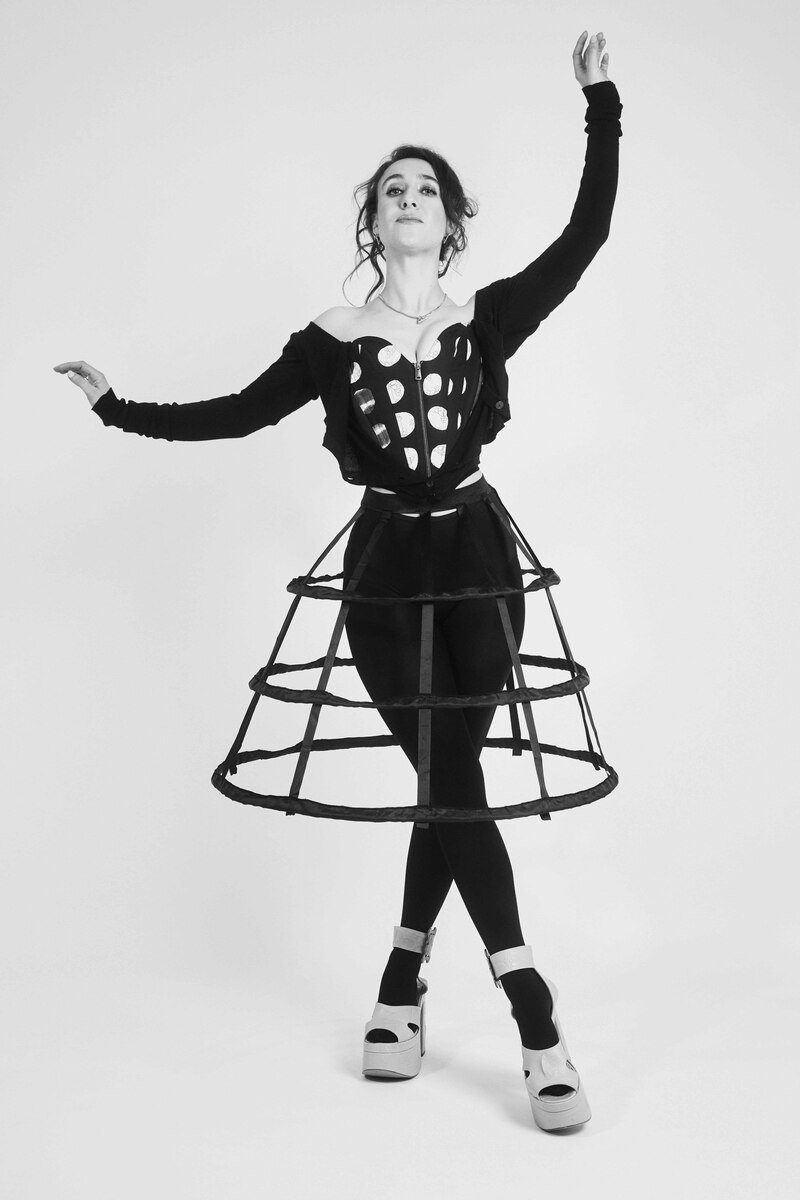
There are two sides to this. Audiences often don’t see the working environment behind a film, but they do see the stories we tell. There are just as many women as men in the world, so our stories deserve equal representation. We’ve been excited to see that audiences respond well to our projects regardless of gender. It’s heartening to know there’s room for stories that center on women’s experiences, and we’re determined to keep pushing for environments that support diverse representation on set.



